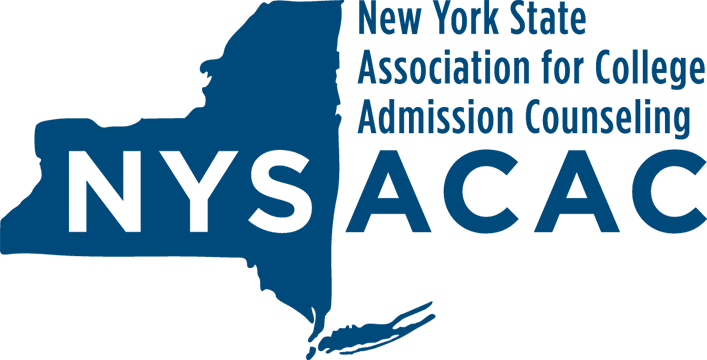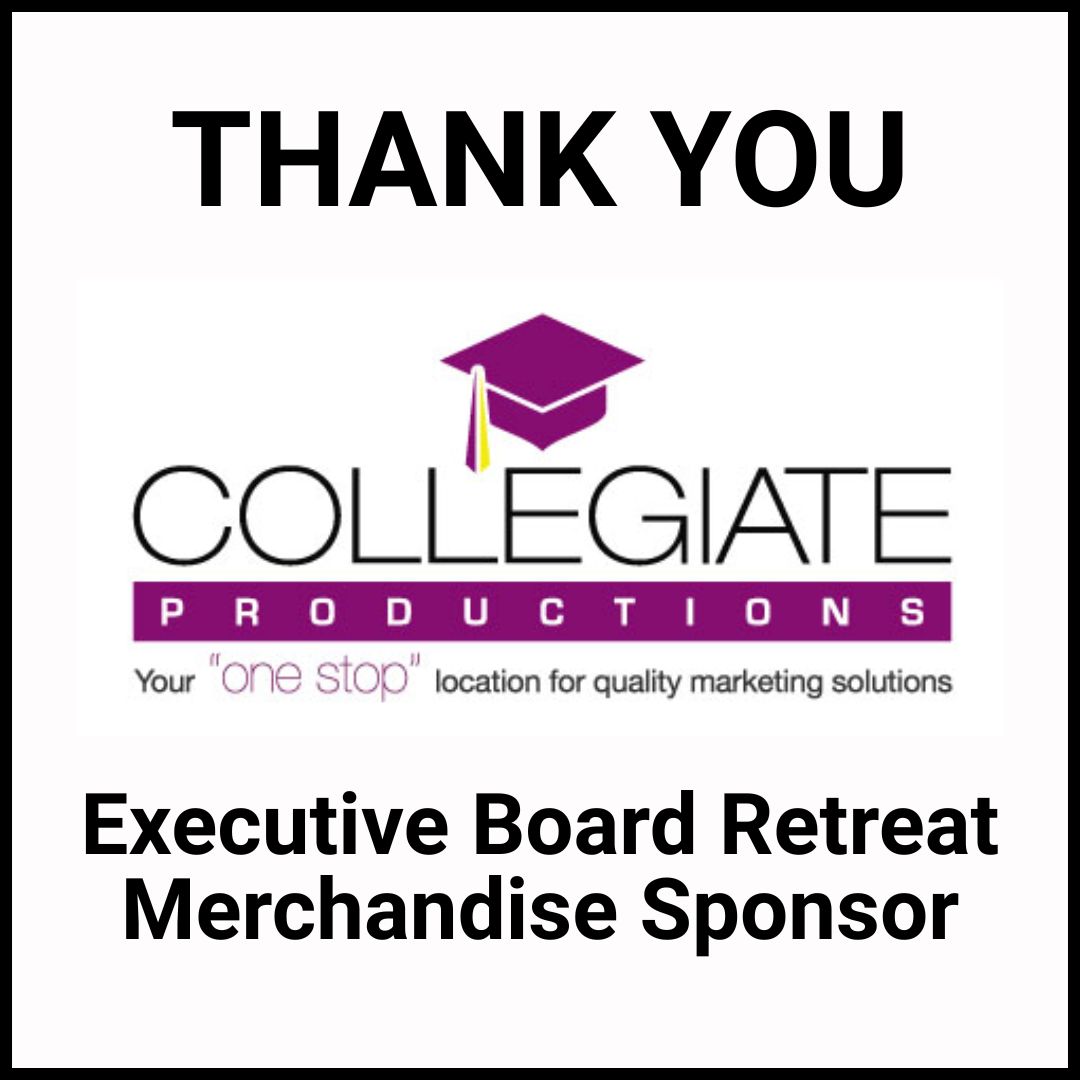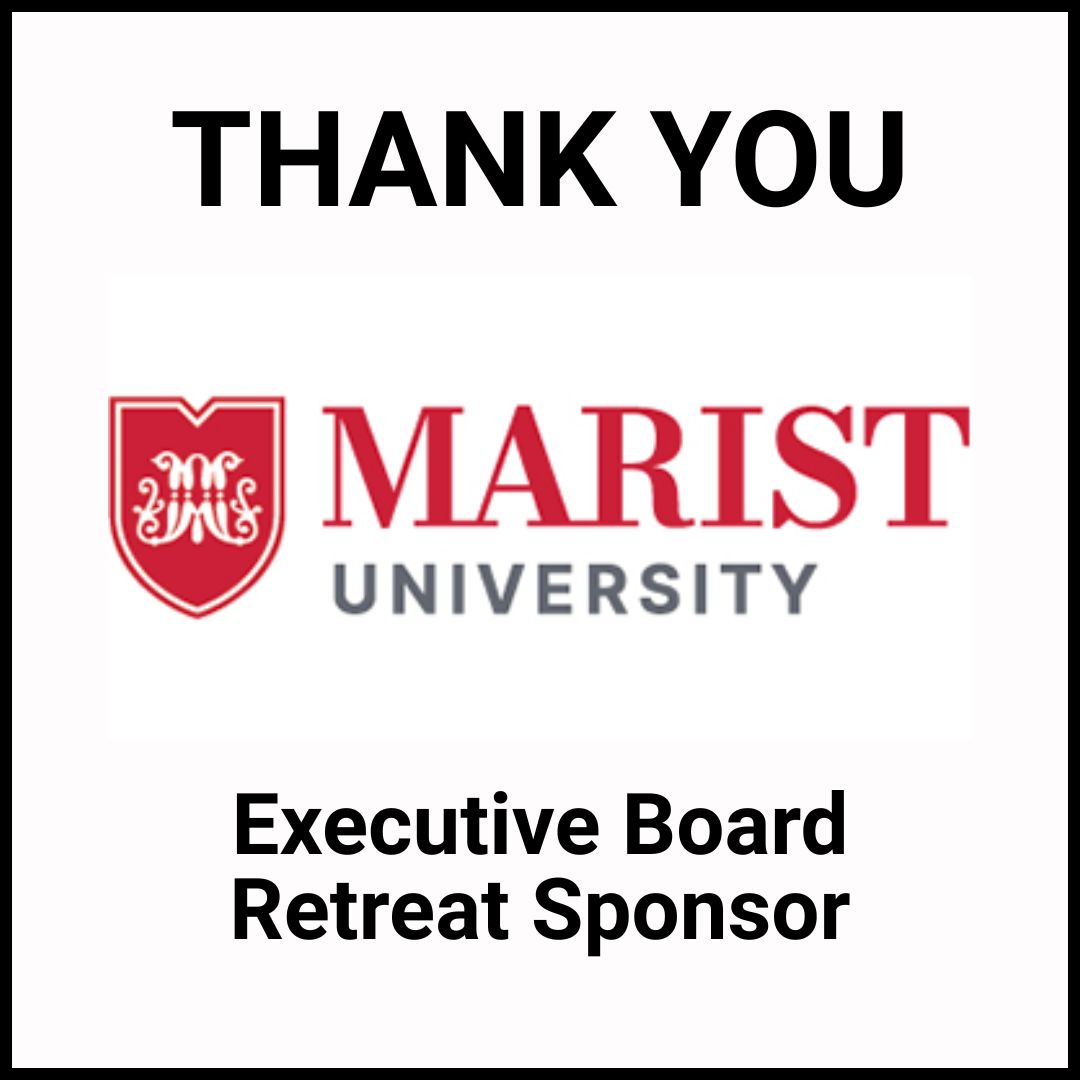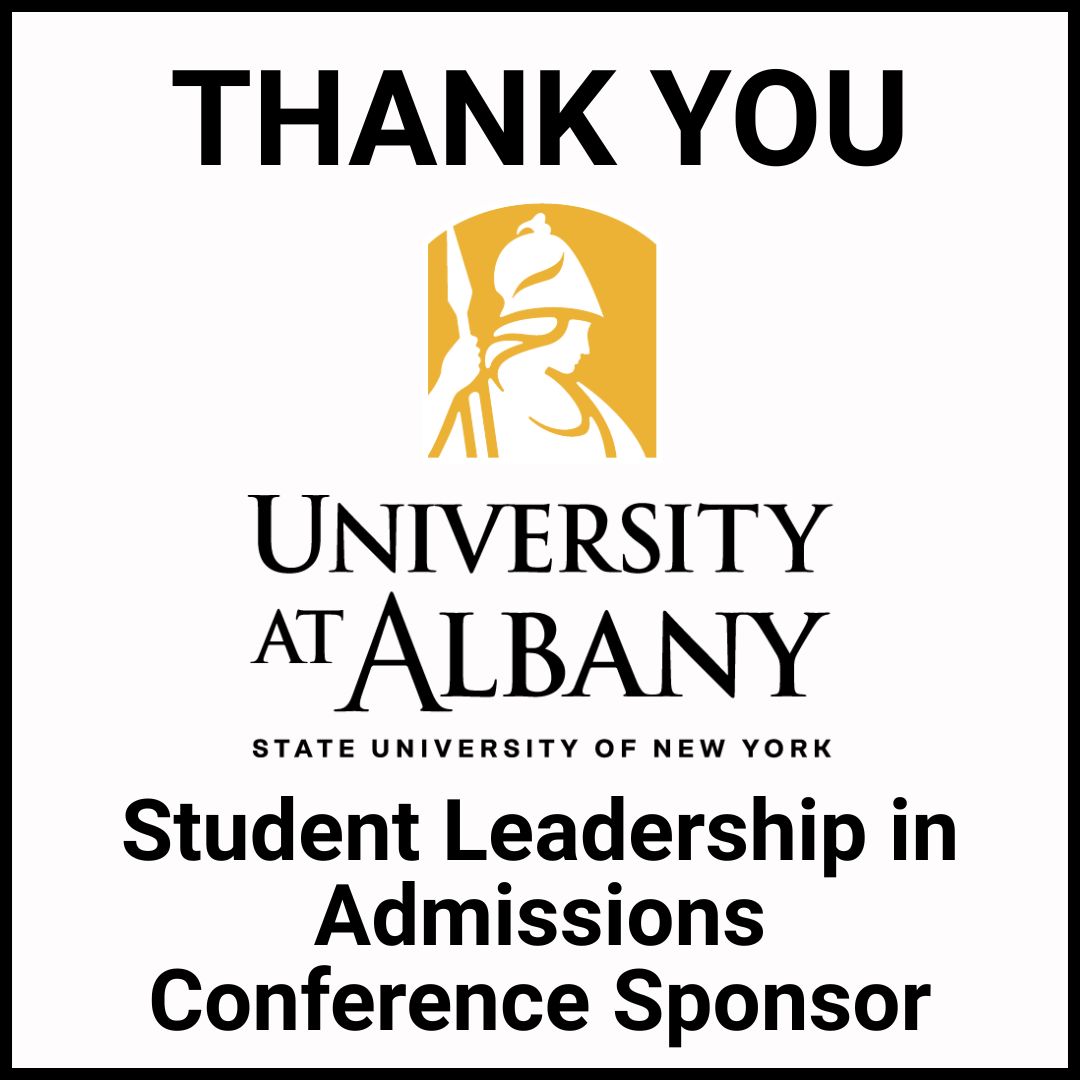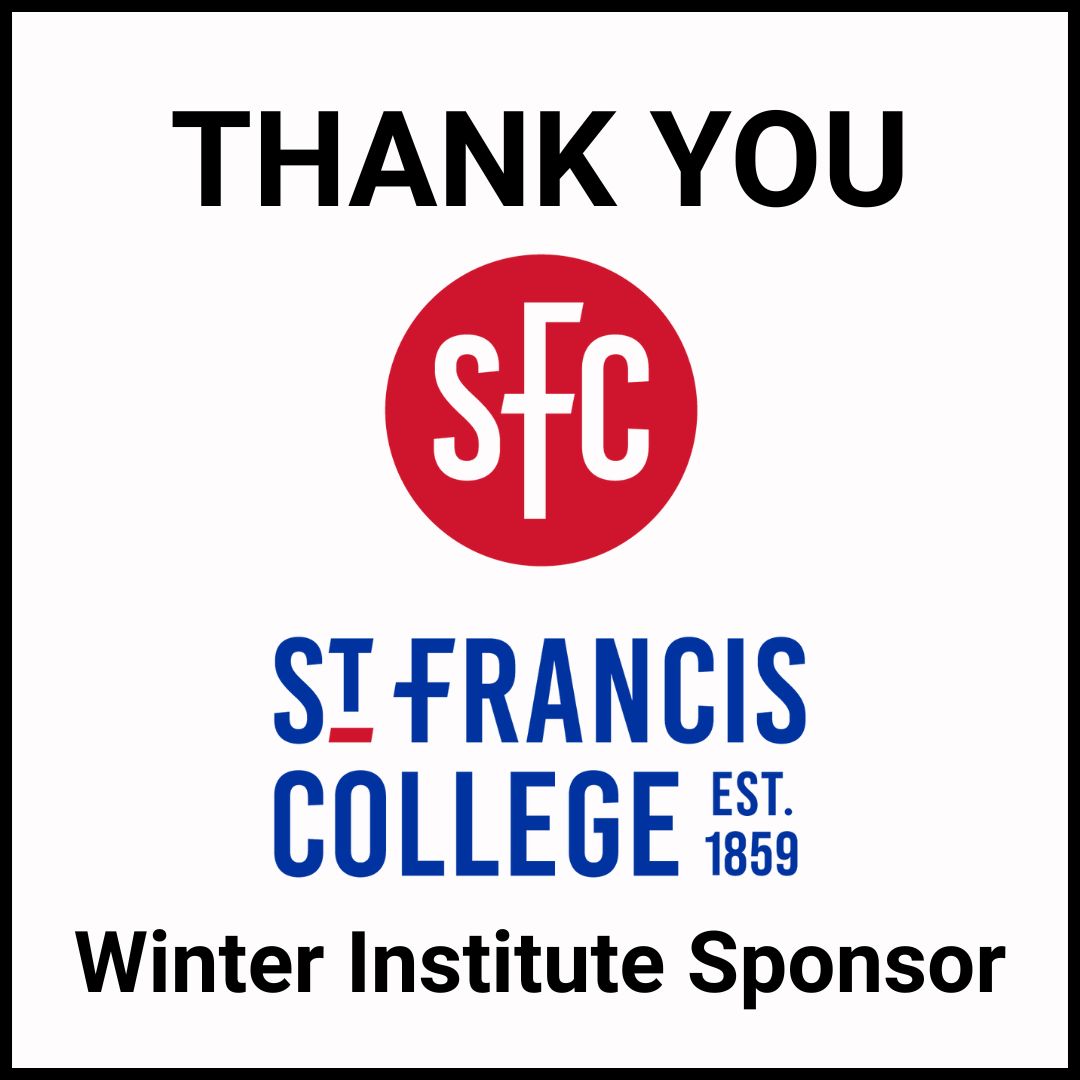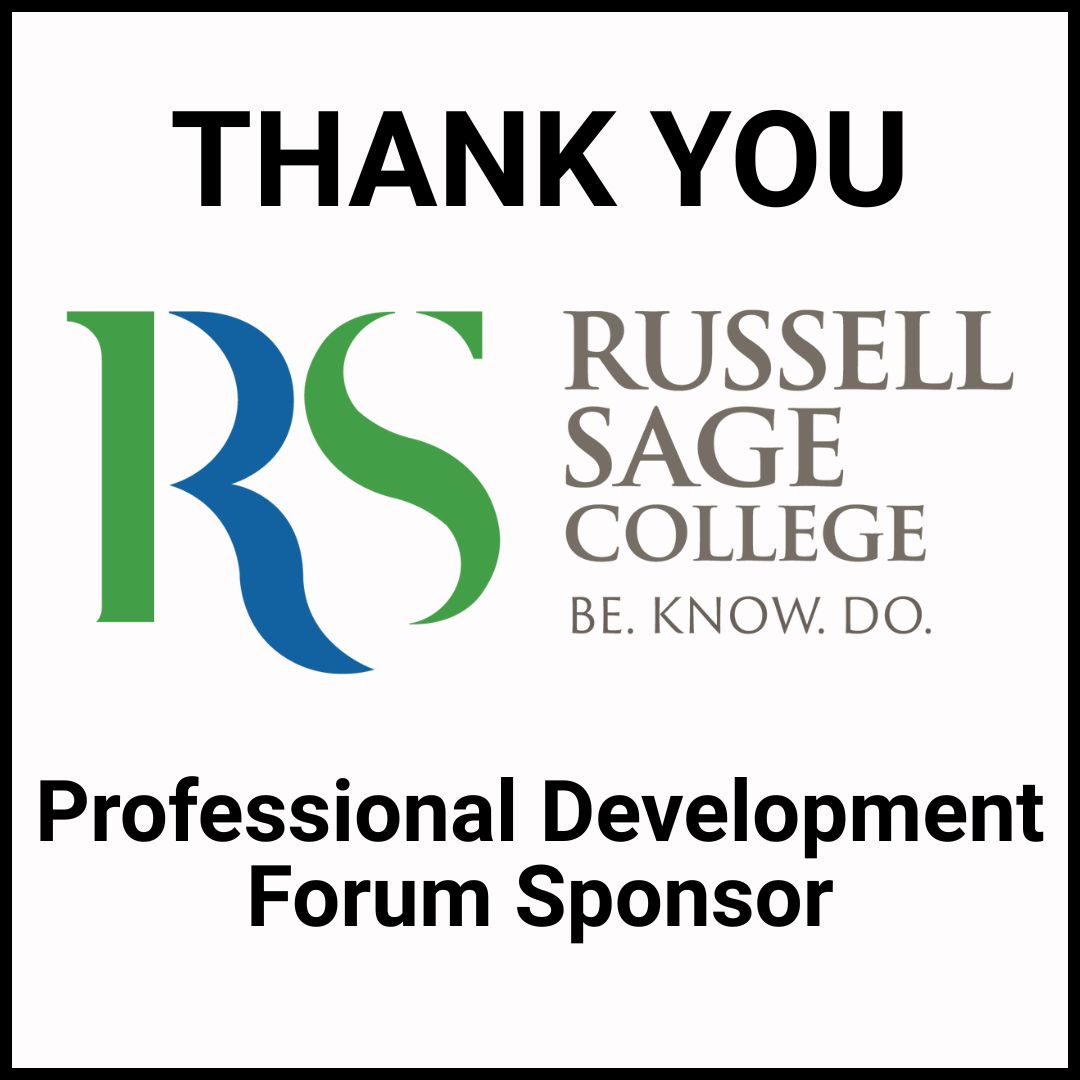- Home
- About
- News
- Government Relations
- Professional Development
- Community Outreach
- Donate
- Membership
Message from the PresidentColleagues and Friends, Happy New Year! I hope over the last few weeks that you were able to take time away from your professional roles and responsibilities to rejuvenate and refresh with family and friends. Personally, I was able to spend time with my family on a quick getaway to Central Florida, where my daughters were able to explore their love of engineering and aquatic life by visiting Legoland and SeaWorld. It was also a great time for me to reflect on what was a busy fall semester, and prepare for what lies ahead during the upcoming winter and spring seasons for not only SUNY Delhi but for NYSACAC. Normal for many of us, I’ve set some resolutions for the New Year. Such items include eating a little less of my favorite things, committing to stay active, and avoiding technology past 7 p.m. (Yikes!). Most importantly, I’m going to try to live by the following quote that came to me on a holiday drive with my family asleep in the car... “Don’t let your dreams dictate your actions, let your actions dictate your dreams.” Hopefully this commitment leads to positive outcomes, personally and professionally. In 2018, I encourage you to be an active participant within NYSACAC. Whether its attending Legislative Advocacy Day or a Professional Development Forum, submitting a newsletter article or joining a NYSACAC Committee... Just Do It! In the coming weeks, also remember to use your voice and vote for the next group of elected leaders for our association. Finally, mark your calendars now for our upcoming Super Conference with NEACAC this coming June. Both associations have been hard at work collaborating with our wonderful host, Marist College, for what is sure to be a conference to remember. Best wishes to all for a great 2018 and Go NYSACAC!
*************************************************************************************************************Professional Development Regional ForumsBy Professional Development Co-Chairs Each year NYSACAC partners with colleges and high schools throughout the state that serve as host sites for a professional development forum series addressing relevant topics and current trends in the field of college admission counseling. This year, we are focusing on legal issues in college admissions (topics will include DACA, diversity in admissions, Early Decision deadlines, and more). We will also have updates on Excelsior and the Enhanced Tuition Awards. Panelists will share their experience of the past year and provide their expertise for looking ahead to future cycles. Participants will be able to ask questions, as well as share ideas and opinions related to the work we do and how we best support our students and families in these times of transition. This year’s dates and locations are: Syracuse University: Friday, March 2Hofstra University: Friday, March 9 University of Rochester: Friday, March 16 Siena College: Tuesday, March 20 Fordham University: Friday, March 23 Manhattanville College: Wednesday, March 28 D’Youville College: Friday, April 13 To register, please visit:https://nysacac.memberclicks.net/regional-forums. Registrants will receive follow-up information via email related to event location, arrival, and parking closer to the forum date. *************************************************************************************************************
Don't miss out! Spend your lunch hour (12-1 p.m.) on Wednesday, February 7 with some of the movers and shakers of NYSACAC! Learn about some of the hot issues and how they may affect our profession.
Only two webinars left of "A Word from Both Sides of the Desk..."
Part 2 - February 7, 2018 goo.gl/qtYJva
Part 3 - March 6, 2018 goo.gl/FL6M5D
By School-College Relations Committee Gina Christel, Garden City High School Kim Harvey, SUNY Geneseo [email protected] *************************************************************************************************************The Age of ED or Bust is Upon UsBy Danny Tejada, Director of College Counseling with CollegeBound Initiative atLongwood Preparatory Academy/Holcombe L. Rucker School of Community Research Vice Chair of Policy and Advocacy at College Access Consortium of New York, Inc. I believe in the merits of Prior-Prior. It does help low-income students finish the FAFSA in a timely matter. But I think fall can be too early, as public school counselors balance between at least three application systems, FAFSA and TAP. Most school counselors have large caseloads. In our state, the ratio is 624 students to one counselor. Counselors do not have time to give low-income students the attention they need in this process. Also, college counseling still is not a requirement in school counseling programs. Most schools do not have a dedicated college counselor. Having a Community Based Organization (CBO) that provides college counseling in the school/community is a luxury. These issues are why I fear that college will misuse Prior-Prior HEOP admission. If schools wanted, they could admit most, if not all, of their HEOP class Early Decision. HEOP is supposed to be about granting access to our state’s most disadvantaged students and pushing them to succeed in college without the worry of cost. Don’t get me wrong; if a student does know where they want to be and they fit the profile, they should apply Early Decision. I applied Early Decision and got into HEOP at the school I attended. But accepting most of your HEOP class Early Decision leaves behind students who can and will eventually want to attend your school. Most students do not discover colleges until the fall of their senior year, due to their exposure happening at that time, if they’re lucky. It’s difficult for a school like mine to get certain colleges to see juniors and underclassmen. I have had representatives cancel on me, not show up and express no interest in visiting my seniors. It’s also difficult to manage college trips for my students as I battle between a human and their school’s online form/calendar. Most of my students are scared of Early Decision because of the commitment. We wouldn’t blindly marry someone. Why should a student blindly marry a college? Research, visits and talking to the representative are not enough to go on, even if a student is lucky enough to be able to do those things. Why should a student who has the drive be closed to your HEOP family? Why should they go from competing against thousands of students for 20-40 spots to half that or even less? I know schools are actively considering this. One of my colleagues, Beverly J. Santos, Associate Director of College Completion at Uncommon Charter High School, expresses the same concern: Considering the ED/EA admission rates across the board at the institutions that have the highest mobility and undergraduate minority rates, I want to ensure my H/EOP students are applying with the most robust application possible. Given H/EOP was created to serve the most marginalized group of students, applying H/EOP ED to their top NY school is very daunting. In the research conducted by Jennie Kent and Jeff Levy in August 2016, Early Decision vs. Regular Decision Acceptance Rates, the data is astounding. There were roughly 30 schools from NY that offer H/EOP whose data was included or the attempt was there to include. Are colleges using their ED/EA metrics for H/EOP as well? Are they also taking a bulk of their applicant pool via ED/EA? If so, does this change the admissibility of future applicants when it comes to their academic profile? We have to remain true to the mission of our phenomenal opportunity programs across the state. Thankfully, there are Directors out there who will not move toward Early Decision. One of them is Bill Short, the HEOP Director at St. Lawrence University. He explains his reasons why:
I don’t use Early Decision for HEOP at St. Lawrence University for two reasons. One, because so many potential students do not know about the school in time to meet the Early Decision deadline. Two, because we work very hard to build a cohort that is broadly representative, and I cannot do that without seeing the whole pool. It simply does not make sense to close out the process early. Early Decision does not build a diverse class. Yes, you are likely to get the best students from Early Decision, but you could be missing out on students who will make your program and school better. I understand the worry of filling your class, but it should not be at the expense of the students. All students deserve a shot at a loving family who will push them to cross the finish line with very little burden added. I urge HEOP schools to resist the total pull of Early Decision for the good of their mission. I should not be put in a position where I have to get my top students to consider Early Decision as their best shot at admission. And the student who doesn’t have a counselor like me and ends up wanting more than their surroundings shouldn’t be left outside of the gates because they came too late.
**************************************************************************************************************************************************************************************************************************Statement of Principles of Good Practice: NACAC’s Code of Ethics and Professional PracticesA letter to the NYSACAC Membership by Rob Piurowski, NYSACAC President NYSACAC was recently informed of a Department of Justice (DOJ) inquiry into NACAC's Statement of Principles of Good Practice (SPGP) that has been ongoing since November 2017. The DOJ has been investigating whether NACAC's code of ethics violates federal antitrust law and restrains colleges and universities in their recruitment of students. NACAC has been fully cooperating with the investigation. Both NYSACAC and NACAC remain confident in the code of ethics that helps guide the world of college admissions. Developed, revised and approved by NACAC members across the country, the SPGP is a democratically-devised moral compass that benefits our students, their families and our profession alike. We stand by the common values that underpin the SPGP and are confident the federal inquiry will come to the same conclusion. *************************************************************************************************************WINTER EVENTS CALENDARFEBRUARY MARCH APRIL MAY SAVE THE DATE *************************************************************************************************************On the Move… Member UpdatesMarcelle Hicks, Senior Director of Admissions | New York Institute of Technology (experience including roles at Mercy College and LIU-Post) Paige Olscamp, Freshman Admission Advisor | SUNY New Paltz Jorge Erazo, Freshman Admission Advisor | SUNY New Paltz Laura Marcone, Assistant Director of Transfer Admission | SUNY New Paltz (from Orange Community College) *************************************************************************************************************Legislative Advocacy DayBy Government Relations Co-ChairsBrian Culligan, SUNY Welcome Center Daryl Hornick-Becker, CUNY Welcome Center [email protected]
Legislative Advocacy Day will be held on Tuesday, Feb. 13, 2018. Registration is now open so please register as soon as possible to join us to support our students or to advocate with your legislator. Transportation will be provided by NYSACAC from NYC and Syracuse to Albany for this day trip. If you have any questions or concerns, please click HERE for additional information or contact Government Relations at [email protected]. *************************************************************************************************************Admission Practices Committee UpdateBy Admission Practices Committee Co-ChairsJeffrey Makris, Stuyvesant High School Bob Herr, Wagner College [email protected] You are probably well aware that NACAC's New Statement of Principles of Good Practice (SPGP), NACAC'S Code of Ethics and Professional Practice (CEPP), was approved at the annual NACAC conference in Boston, Massachusetts. While the new document took effect immediately, there is a one-year moratorium on enforcement on any NEW provisions not previously included in the SPGP. Members will be expected to remain in compliance with principles that are contained in both the previous and current SPGP, such as honoring the May 1 National Candidates Reply Date. We hope that all of our members will devote some time this year to familiarizing both themselves and their colleagues with the key provisions of the New SPGP (CEPP). We have more than a new acronym to get accustomed to; the CEPP devotes more attention to transfer students, wait lists, the use of commissioned agents in international recruitment, and an increased emphasis on the importance of the May 1 National Candidates Reply Date, among other changes. We will conduct a webinar about the CEPP in February as part two of the three-part series arranged by the NYSACAC School-College Relations Committee. The majority of our inquiries in recent years, have emerged from various attempts to manipulate student enrollment commitments prior to the May 1 National Candidates Reply Date. No institution can require, or even suggest, a student commit to attend via a reply date that falls prior to May 1 with the exception of students admitted via Early Decision or NCAA athletic scholarship programs. Please remember that EOP/HEOP/SEEK/CD and other special programs must also adhere to the SPGP regulations regarding May 1. This has not changed. Please feel free to reach out to the NYSACAC Admission Practices Committee if you are seeking guidance about your institution's policies or practices. We may be able to help you avoid a potential admissions practices complaint. And, as always, "if you see something, say something" by using NACAC's Confidential Complaint Form. ************************************************************************************************************* *************************************************************************************************************A Great First College Fair at St. Joseph’s College, Brooklyn Campus!By College Fair Co-ChairsClaudia Mendez, The Urban Assembly School for Global Commerce Melissa Bellantonio, Adelphi University [email protected] NYSACAC and St. Joseph’s College hosted their first college fair together on Monday, October 23rd. With fifty colleges and universities in attendance and over six hundred and fifty students the event was a huge success. Students were able to have all of their admissions, student life, and general questions answered by the friendly higher ed representatives during the two hour event. We are happy to have added a college fair to the Brooklyn area this fall, and we look forward to our additional college fairs this spring! Please stay up to date with all upcoming events by visiting our website: http://www.nysacac.org/nysacac-regional-college-fairs.
*************************************************************************************************************WeChat…… WeScam……We Check…
|
|
|
|
Camp College is a three-day weekend pre-college experience where students will:
- Live in residence halls
- Attend classes taught by college professors
- Participate in Admissions and Financial Aid workshops
- Learn college interview and essay writing techniques
- Gain leadership and teamwork experience
- And MEET YOU!
Each of our college fairs brings together 100-150 juniors and seniors from all over New York State to explore college options!
Please join us at Camp College to represent your institution by:
- Option 1: Being a mentor and staff your table free of charge
- Option 2: Join us for a fee of $50.00 per fair
Questions? Please contact: Estrella Redondo or Rianna Miller at
[email protected] or [email protected]
[email protected] or [email protected]
For more information, visit: http:nysacac.org/camp-college
***Donations Welcome***
